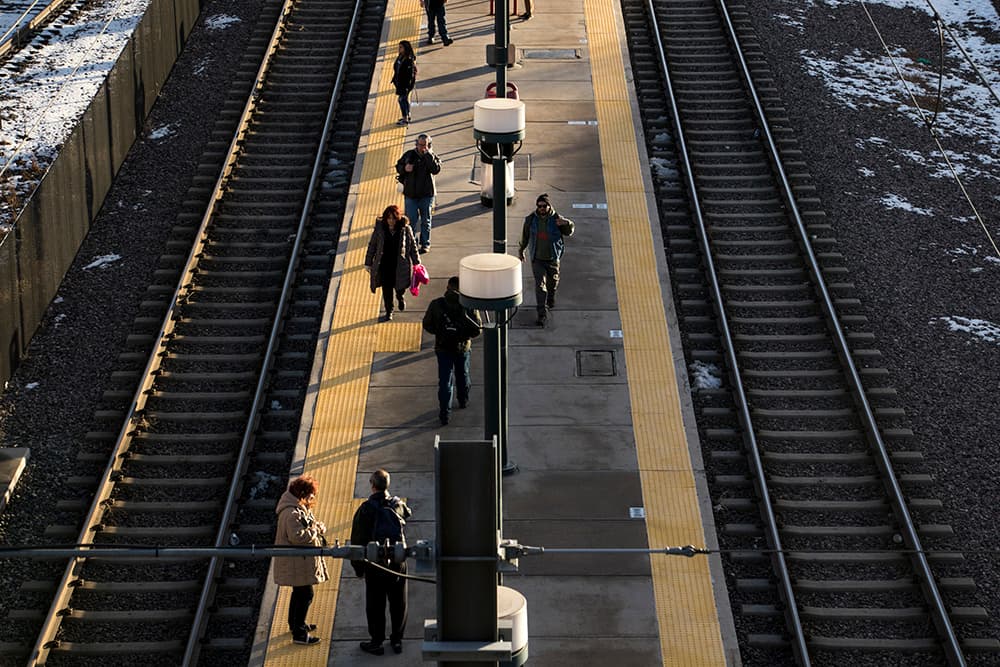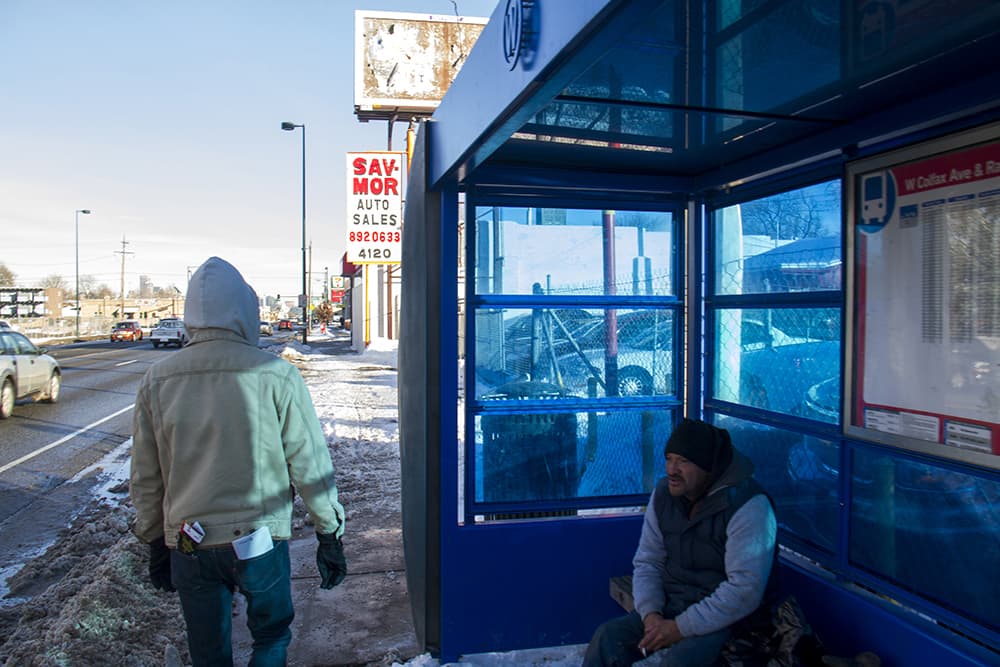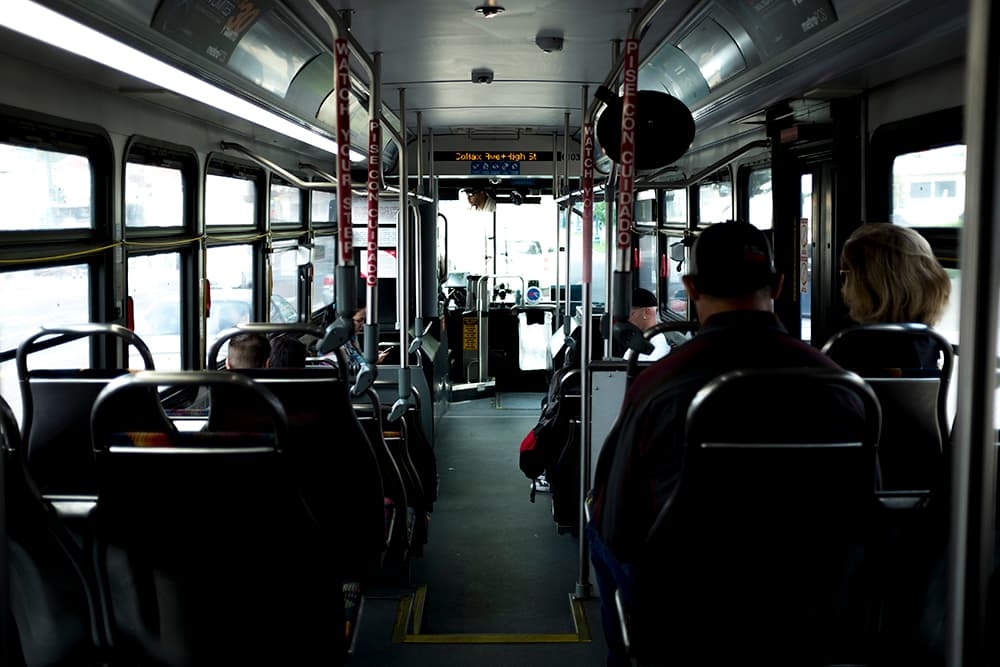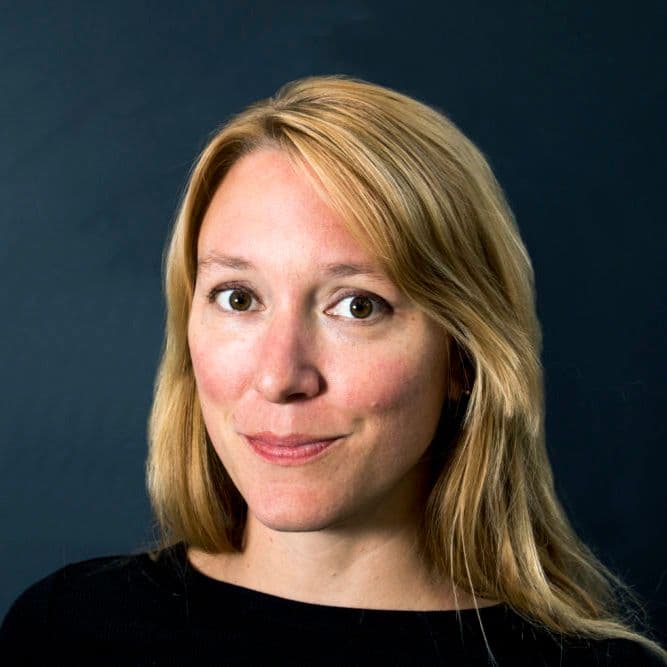
The working group tasked with evaluating and rethinking RTD's pass programs has reached the end of its yearlong process with a recommendation that will offer big discounts to kids and low-income riders.
Twenty-six members representing almost as many regional interest groups met for the final time on Feb. 27 and delivered the recommendation to RTD senior leadership on March 7.
In it, the group lays out potential plans for 40 to 50 percent discounts for low-income riders, 70 percent discounts and free passes for youth, and the adjustments to regular fares and passes necessary to balance the budget.
Here's what's on the table.
Recommended discounts include:
- A 40 percent discount for riders at or below 185 percent of the federal poverty level
- Free rides for youth 12 and younger with a fare-paying rider (the age cap here used to be 5)
- A 70 percent discount for youth ages 13-19
The recommendation also includes the federally mandated 50 percent discount for seniors, people with disabilities and Medicare recipients already in place.
To be able to offer those discounts without an enormous loss of revenue, RTD would need to make changes to its general fare options — something it considers anyway every three years. Modeling done while exploring pass program options has the cash fare for a one-way trip at $3 in 2019, an increase over the current $2.60. The annual pass, stored-value discount and 10-ride ticket discount would all be eliminated.
RTD would start charging participating schools, business and neighborhoods using CollegePass and EcoPass programs based on utilization. As a result, some participants will see a price increase while others see a decrease. Those changes would be phased in through 10 or 20 percent increases and decreases each year over three years.

Youth and low-income passes were the group's priority.
It didn't start out that way, but as discussions went along, the group found its focus, RTD Transit Equity Manager Michael Washington said. Not everyone can have a discount, so they prioritized groups of people who needed new discounts most: kids and low-income riders.
Kathleen Osher — working group member, co-chair for the Denver Moves: Transit task force and former executive director of the Transit Alliance — said it was important to the group to demonstrate certain values and described discount pass programs as something RTD should be doing. From there, it was just a matter of money.
"We had a lot of debate about what percent of the federal poverty level [the low-income discount threshold] should be," she said. "The modeling was showing it should be closer to 150 percent and we pushed back on the modeling and said the minimum we’re willing to talk about is 185 percent."
The group also pushed for a 50 percent discount on the low-income pass, Osher said, but the modeling results kept them at 40 percent to keep revenue steady. Still, the presentation seen by RTD leadership indicates the group's desire to push it to 50 percent.
The youth discounts came more easily, according to group members.
"I think one of the most important aspects of what our value proposition is is that we value youth," Osher said. "... What we saw in terms of the modeling was there’s so little revenue impact it’s just a slam dunk, in my mind."
When it came to the youth passes, the group was successful in getting a bigger discount than was initially proposed. Nicole Portee, executive director for Denver Public Schools transportation, said the base was 50 percent.
"We felt that wasn’t affordable for youth to actually take advantage of the youth pass," she said.
Denver Public Schools students are currently eligible for discounted bus passes through the district, but Portee said it's not enough — "$50 is a lot of money, under the current discount."
"There are a lot of families who simply couldn’t afford it," she said. "If you have two middle school students, that’s a hundred bucks."
The recommended youth discount would apply to kids all across the region, of course, not just DPS. And, as Portee points out, it would apply to working youth who are not students.
What does this mean for regular fares?
The working group's recommendation includes a startling piece: $3 local cash fare, $5.25 regional fare and $10.50 airport fare.
Those are the assumed prices for 2019 used for modeling purposes, with increases of a 75-cent for regional travel and a $1.50 increase for trips to and from the airport. It's a 40-cent increase from the current cost of a one-way trip and more than one-way fare in many other cities, including New York, Chicago, Los Angeles, San Francisco, Austin, Seattle, Portland and Washington, D.C.
And, like the rest of the recommendation, it's not set in stone. In fact, it's not exactly part of the recommendation.
Laurie Huff, senior specialist in public affairs at RTD, said higher general fares have not been taken to board yet, are subject to change as the recommendation is reviewed and will be seriously taken into consideration later this year in a public, "parallel but separate fare review process."
Right now, they're essentially an informed assumption used to work out revenue.
"With the changes that the working group recommended, the base fare is essentially what would be needed to collect to meet these strategic budget plan targets," Washington said. "It also presumes that our strategic budget plan targets remain the same."
Washington also said that the board could decide to let other projects go in order to free up money and avoid fare hikes.
As for the working group — it was out of their hands.
"We didn’t have control over that factor," Osher said. "The RTD board had made a policy-based decision that every three years they were more than likely looking at a fare increase. All of this work is coinciding with what would have been a normal increase."

RTD now needs to work out administrative and technological problems.
"The low-income program in particular has the most hurdles," Washington said.
First of all, there's the strong likelihood that not everyone who qualifies for a low-income pass will apply for one. The highest low-income pass adoption rate nationwide is just under 50 percent. And if few eligible people sign up, it's not just a budget-balancing problem, it means the program simply isn't helping the people it's meant to help.
One of the big reasons people don't come forward is because they don't want to share the necessary information about their financial status. On the flip side of that lies the other big problem: Who does the means testing and how will that be set up?
"Is it the health and human service agencies for each county?" Washington asked. "If it is, what will they require to do that work for us?"
For Denver Public Schools, which is already familiar with operating a pass program, a new plan shouldn't present too great a challenge. It's who haven't been part of that kind of process before who will have more work to do, Portee said.
The free fare for kids 12 and younger presents its own big problem.
"One of the notions there is riders 12 and under are free with a fare-paying rider," Washington said. "So does that mean that if an 8th-grader gets on board and pays a $1.30, does that mean everyone in their class gets on board for free?"
That's a lot of lost revenue, and that's not the intent of the discount, he said. "The intent is, 'Hey, I’m an older brother, I got two younger sisters, I’m taking them to school first and then on to my destination.'"
"We’re pretty much aware of the major flaws. It’s really some questions about technology and what our technology can or can’t do, and what are the work-arounds."
Next steps:
It's important to note that the pass program working group's recommendation is just that. The suggested changes are still pretty far from reality.
RTD staff are reviewing everything now and will be charged with tackling administrative and technological questions the working group couldn't, among other thing.
The recommendation will be brought to the Financial Administration and Audit Committee meeting tomorrow and a draft recommendation won't be offered to the public until the start of next quarter. Public meetings will begin sometime in early summer and a final proposal will be taken to the RTD Board of Directors at the end of the summer.
For more on the pass program working group's process, take a look back at our story from earlier this year.
Update: Here's the schedule for public meetings on the pass programs.
- Monday, July 16, 6-8 p.m., West Boulder Senior Center, 909 Arapahoe Ave., Boulder
- Wednesday, July 18, 6-8 p.m., Englewood Civic Center, 1000 Englewood Parkway, Englewood
- Thursday, July 19, 6-8 p.m., Clements Community Center, 1580 Yarrow St., Lakewood
- Saturday, July 21, noon-2 p.m. Boys and Girls Club of Metro Denver, 4397 Crown Blvd., Denver
- Monday, July 23, 6-8 p.m., Aurora Municipal Center, 15151 E. Alameda Parkway, Aurora
- Tuesday, July 24, 6-8 p.m., Thomas Jefferson High School, 3950 S. Holly St., Denver
- Wednesday, July 25, noon-2 p.m., RTD building, 1660 Blake St., Denver
- Thursday, July 26, 6-8 p.m., Margaret W. Carpenter Recreation Center, 11151 Colorado Blvd., Thornton











